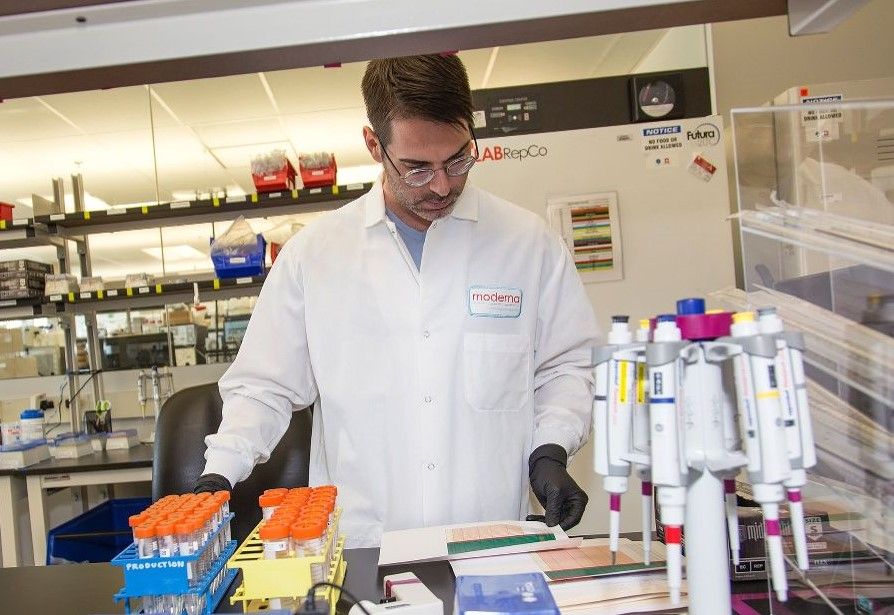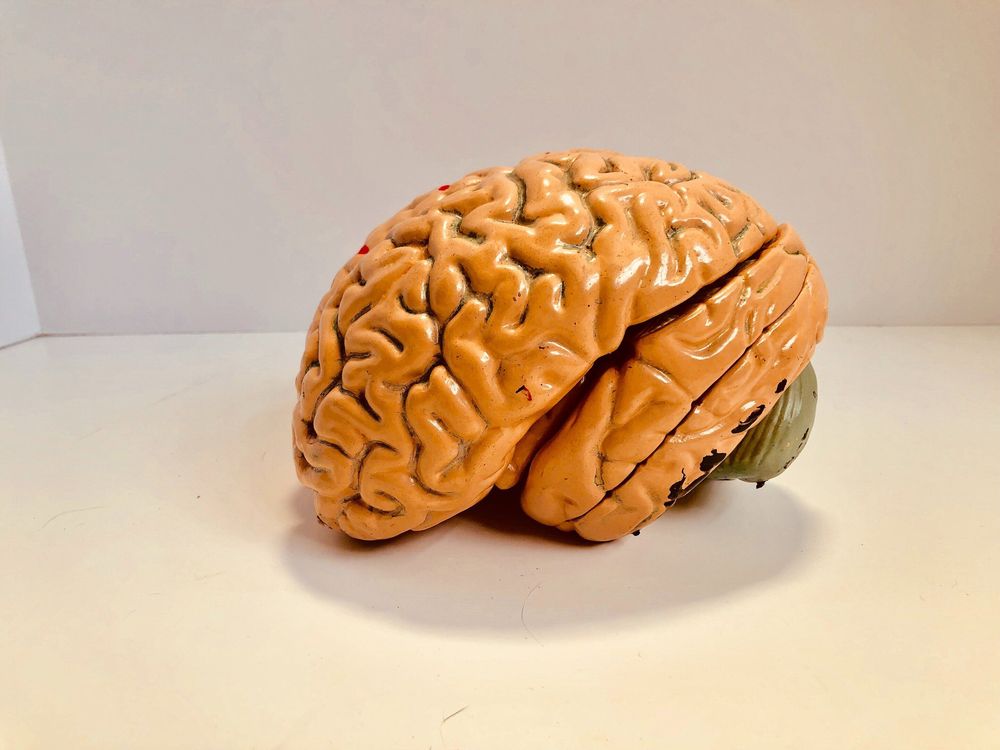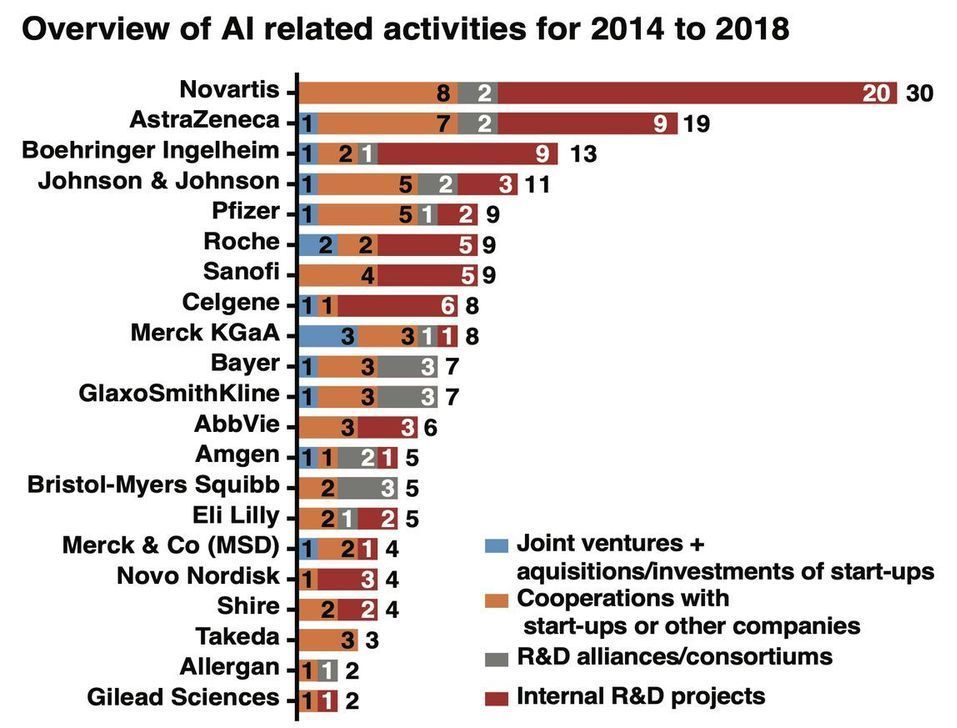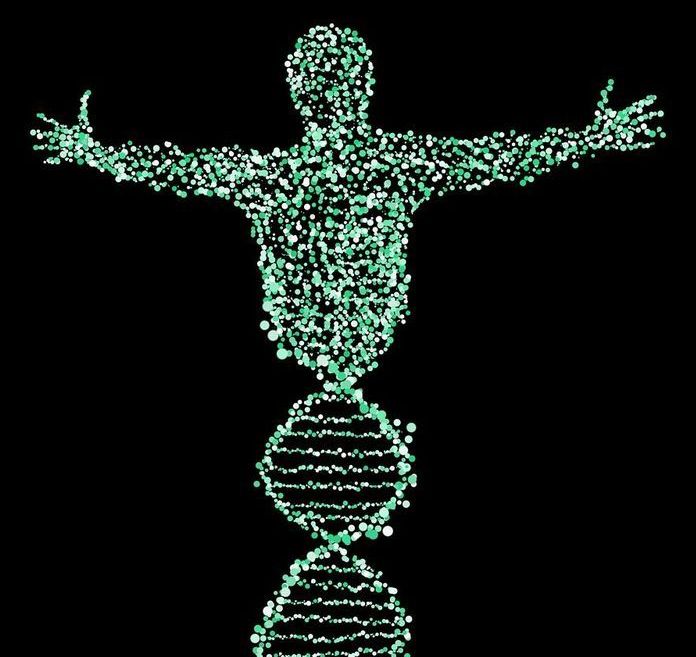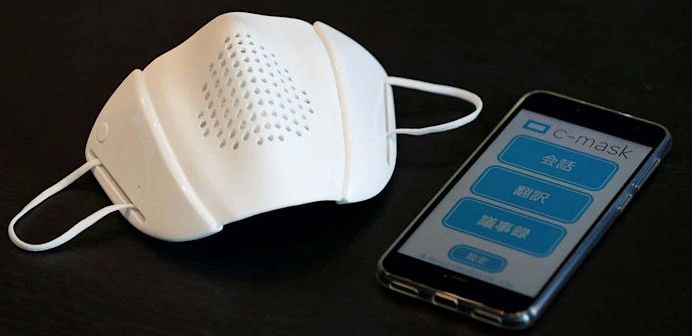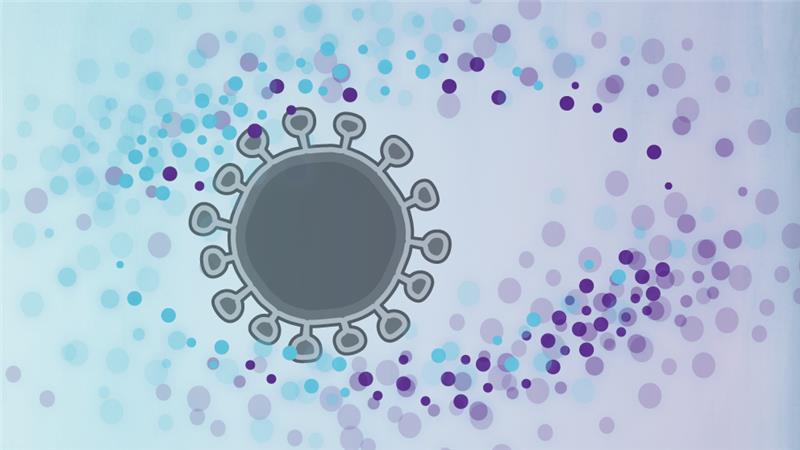A new method developed at Cold Spring Harbor Laboratory (CSHL) uses DNA sequencing to efficiently map long-range connections between different regions of the brain. The approach dramatically reduces the cost of mapping brain-wide connections compared to traditional microscopy-based methods.
Neuroscientists need anatomical maps to understand how information flows from one region of the brain to another. “Charting the cellular connections between different parts of the brain—the connectome—can help reveal how the nervous system processes information, as well as how faulty wiring contributes to mental illness and other disorders,” says Longwen Huang, a postdoctoral researcher in CSHL Professor Anthony Zador’s lab. Creating these maps has been expensive and time-consuming, demanding massive efforts that are out of reach for most research teams.
Researchers usually follow neurons’ paths using fluorescent labels, which can highlight how individual cells branch through a tangled neural network to find and connect with their targets. But, the palette of fluorescent labels suitable for this work is limited. Researchers can inject different colored dyes into two or three parts of the brain, then trace the connections emanating from those regions. They can repeat this process, targeting new regions, to visualize additional connections. In order to generate a brain-wide map, this must be done hundreds of times, using new research animals each time.
